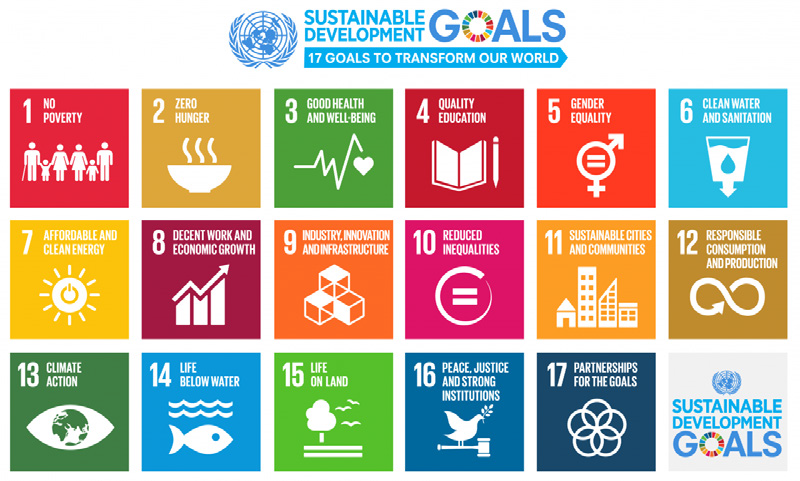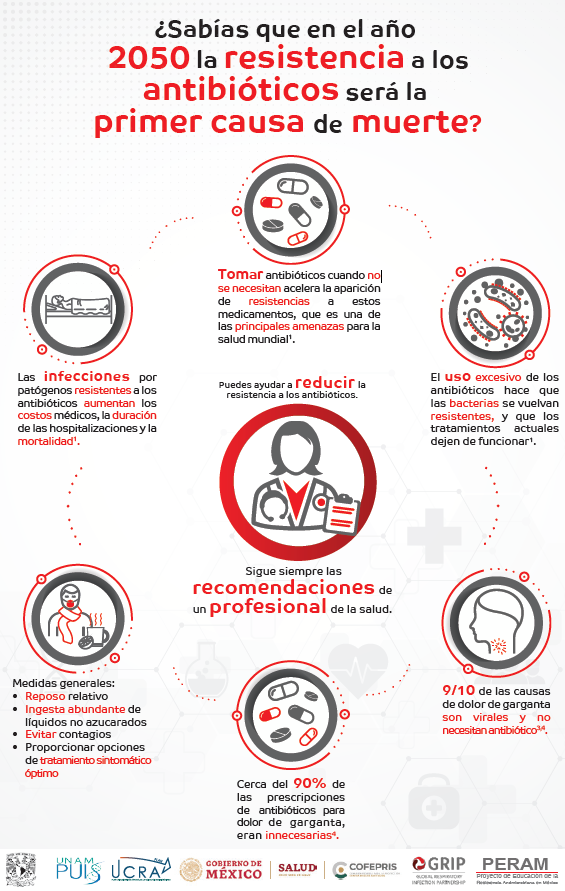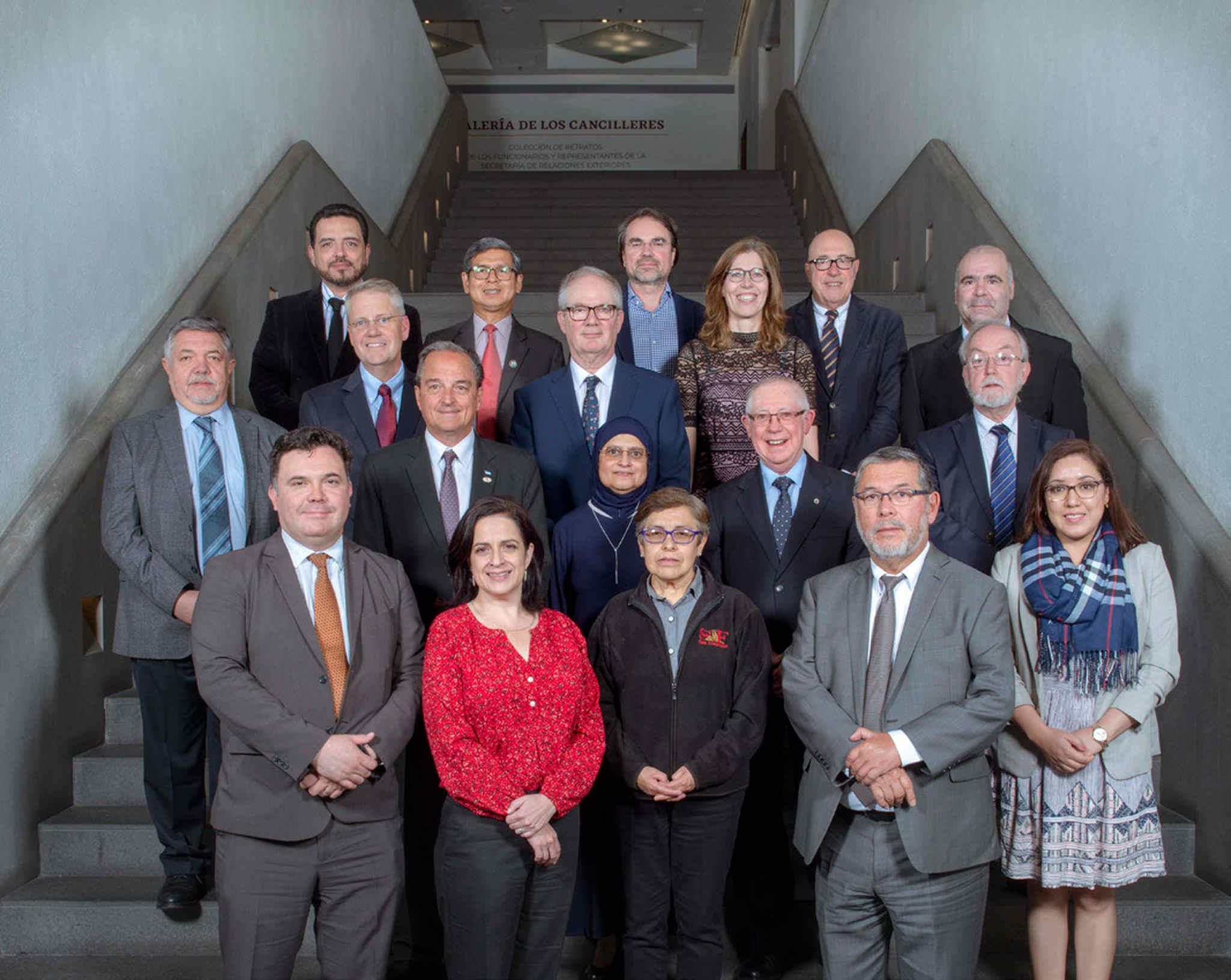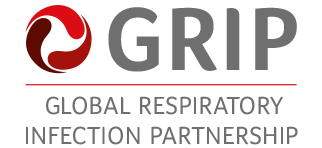A spotlight on mexico
A SPOTLIGHT ON MEXICO
The global battle against the threat posed by antimicrobial resistance (AMR) continues with each regional geography including Latin America (LATAM) having their own challenges
In Mexico, compulsory prescriptions for antibiotics were introduced in 2010 as part of the Government’s drive to reduce availability from pharmacies, and to rationalize the use of antibiotics against the backdrop of emerging resistance trends.
By 2018, like many countries around the world, the Mexican Government followed the WHO recommendation and started work on the Mexican National Action Plan, with the aim of increasing awareness of the need to reduce inappropriate prescribing of antibiotics, among healthcare professionals and consumers.
Against this backdrop, in 2020 the GRIP members visited Mexico to:
- see first-hand how initiatives are working
- visit local pharmacies to understand how antibiotics are accessed
- meet with key health authorities to discuss the work of GRIP in providing key educational materials on AMR
- present at a GP training event to inspire GPs and pharmacists to play a greater role in AMR
- join LATAM ENT specialists as part of their regional launch meeting as an AMR group
- discuss updates and progress on GRIP projects globally
Explaining more about the situation in Mexico, Ms Carme Gauxachs, Regulatory Affairs Director for LATAM at RB, outlined how the work done in Mexico, championed by GRIP member Dr Sergio Caretta, was aligned with the UN Goals for Sustainable Development.
The focus has largely been on Sustainable Development Goals 3 and 17 -good health and wellbeing, and partnership - engaging with the regional arm of the WHO and local government, aligning priorities and promoting a multisector approach, with the goal of increasing awareness in the population about rational antibiotic use.

In the spirit of partnership, a number of key health authorities and the Government in Mexico have been engaged through a common educational agenda, including PAHO (Pan American Health Organization) and COFEPRIS (Medicine Agency in Mexico). There is already a commitment to achieve inclusive and equitable quality education and promote lifelong learning opportunities for all by 2030 through the Sustainable Goals programme.
The first step in driving the agenda has been to work with universities given their ideal position as a link between government and communities.
Building educational partnerships
The first critical partnership was with the Universidad Nacional Autónoma de México (UNAM). A key partner, based on the fact that it was already working on the investigation and discovery of new antimicrobials, and performing statistical analyses to better understand the threat posed by AMR locally.
Working with GRIP and RB, a joint initiative has been created called PERAM: Programme for the Education on Antimicrobial Resistance. Focusing on the lack of awareness on the issues and challenges around AMR, the programme is targeted at medical professionals and seeks to drive the responsible use of antibiotics.
In November 2019, the PERAM initiative held its first AMR conference at the UNAM, with the participation of PAHO and COFEPRIS. The 3-day conference drew interest from among medical students within Mexico City as well as students from within the university. Ms Gauxachs explained, “AMR is not a subject that is covered in university, so it was really appreciated.”
The training was supported by a portal which held all the training materials for the students, many of which were based on the GRIP materials developed over the years.
The PERAM work is also moving into a second stage said Fernando Cortés, RB LATAM, with training resources to be offered to universities throughout LATAM: “The hope is that it will allow other LATAM countries to initiate contact with their academic institutes and ultimately policy makers and the health authorities, so amplifying this important educational message.”
Cross association support
Building on the success of this collaboration, an educational poster has also been developed for distribution through one of the largest pharmacy chains in Mexico.
Supported by GRIP, PERAM, UNAM, COFEPRIS and government offices, the poster provides key information on appropriate use of antibiotics as well as the alternatives.

1. OMS. El uso excesivo e indebido de los antibióticos supone un riesgo para todos. 2017. Obtenido el 20-09-19 de https://www.who.int/campaigns/world-antibiotic-awareness-week/2017/infographics/es/ 2. Ponce de León-Rosales S, Arredondo-Hernández R, López-Vidal Y. La resistencia a los antibióticos: un grave problema global. Gac Med Mex. 2015;151:681-9. 3. Mehta N, et al. Antibiotic prescribing in patients with self-reported sore throat. J Antimicrob Chemother 2017 Mar;72(3):914-922. 4. Llor C, et. a.l. Survey of spanish general practitioners’ attitudes toward Management of sore throat: an internet-based questionnaire study. BMC Family practice 2017;18-21.
This poster will be used to train staff on how antibiotics work, AMR and its consequences. To date, some 1,500 pharmacy partners are expected to utilize the training resource, with more partner coming on board all the time.
In addition, further training of medical professionals took place in Mexico in February 2020, with the GRIP members bringing to life the Pentagonal framework which it has developed to characterise how interventions around AMR can be structured (see page 14).
Activation across LATAM
With the university on board and other key organisation in Mexico, activities began last year to engage further LATAM countries.
On 24th July 2019, known as ‘Self Care Day’, an ‘OTC Group Meeting’ took place which brought the GRIP approach together with the health authorities in Mexico, Brazil, Columbia and Argentina. It was an opportunity to present, alongside the University, the reality and growing problem of AMR.
The success of this meeting prompted the Forum for Pharmaceuticals, a large conference for the industry in Colombia attended by the Minister and the Vice-Minister of Health, to which GRIP member and SMORLCCC President Dr Caretta was invited to talk about AMR and learnings from Mexico.
Clearly the work done to establish a mutually beneficial working relationship between GRIP and local authorities in Mexico has been a huge success. Moving forward the plan is to continue to engage other LATAM countries, which is why experts from Argentina, Chile, Colombia, Brazil and Bolivia joined the ENT society launch meeting (see page 6)
Government and GRIP
The efforts of GRIP to drive awareness and education were recognised at the Government level through an invitation to the External Affairs Ministry to join representatives from UNAM, National Institute of Public Health (INSP) and notable government ministers. At the meeting, GRIP members shared their experiences and learnings from across the globe in an effort to continue to drive the efforts in promoting rational antibiotic use, with the Mexican Ministry keen to understand ways they could lead the call to action for LATAM.

